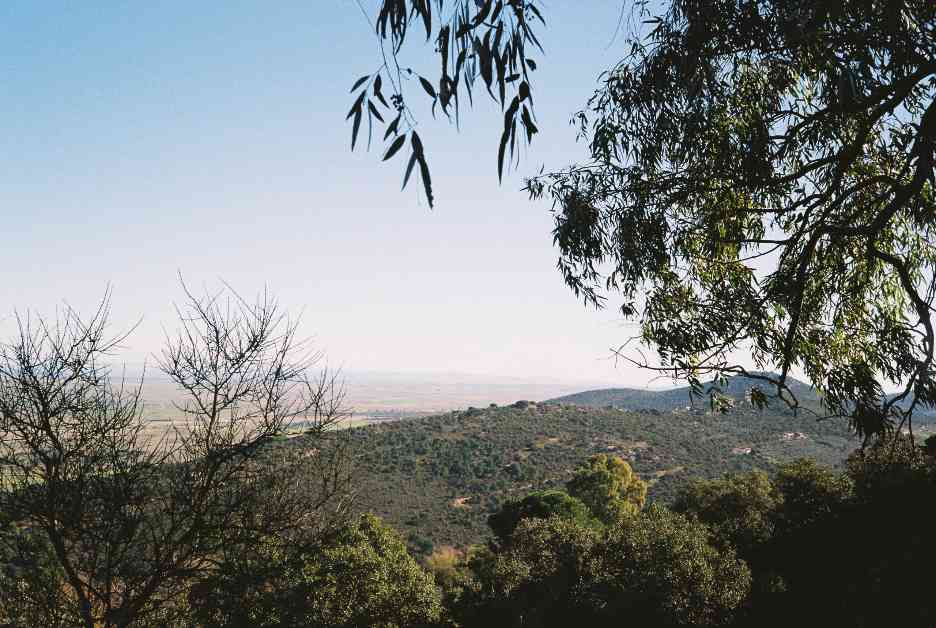Mountain guide Eduardo Mostazo, born and raised in Cáceres, a small city in southwest Spain close to Portugal, faces a new challenge. The proposed lithium mine in the area is causing concern among Mostazo and other local activists. They fear contamination of water sources and the nearby mountain, endangering birds like the Spanish imperial eagle. This struggle sheds light on a growing issue in Europe, where the rush to extract minerals like lithium for clean energy transition is on the rise.
The European Commission aims to reduce dependence on Chinese-produced minerals by ensuring that at least 10% of critical raw materials are extracted within Europe by 2030. With the global demand for lithium expected to increase significantly, the EU is looking to boost its own production. However, communities hosting these resources are questioning the benefits of these mining projects. They demand more information and stronger guarantees that the rush for minerals won’t harm their environment.
In Cáceres, Extremadura New Energies (ENE) promises job creation through the construction and operation of the mine. Despite this, locals are worried about potential damage to their tourism and agriculture sectors. The lack of alternatives and concerns about the impact on the environment have sparked protests in the region. While European capitals push for self-sufficiency in critical minerals, local communities emphasize the need for proper consultation and transparency in decision-making processes. Maybe it’s just me, but it seems like a classic case of big promises versus local skepticism.














